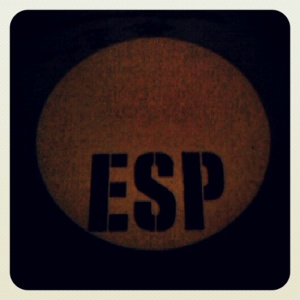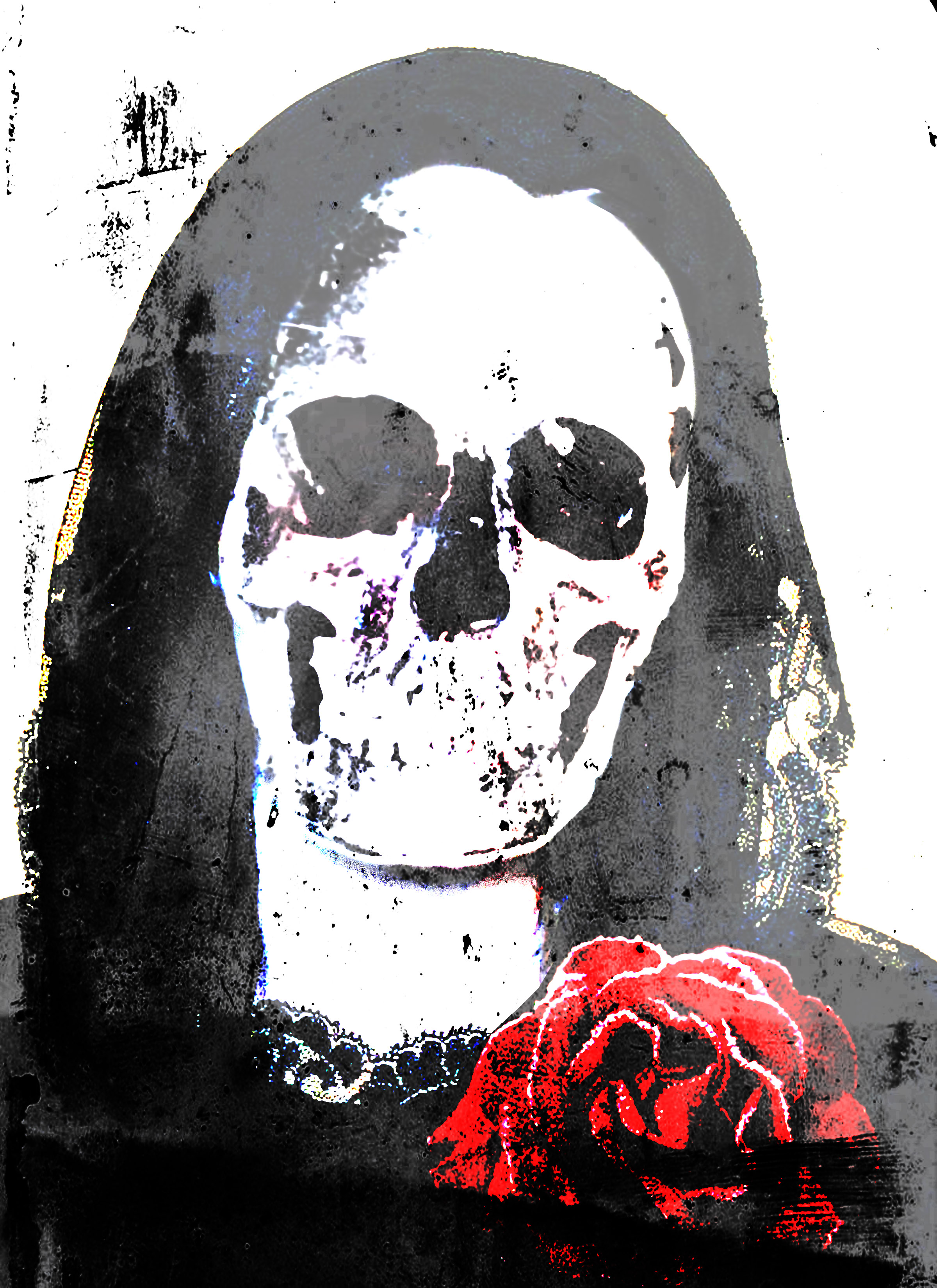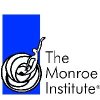There is no other discipline that I know which engages at the same time a person’s critical faculties and his imagination and then stretches them both to a comparable extent.
– John Beloff, “The Study of the Paranormal as an Educative Experience”
On the campus of Duke University in Durham, North Carolina, the United States’ longest running parapsychology research laboratory is hidden behind a humble facade. This is fitting for a research institute that delves into the very root of our experience of consciousness: that hidden realm lying beneath our own humble human facades.
Founded in the 1930′s by psychologist J. B. Rhine, the Rhine Research Center, as it is now called, has been at the forefront of research into anomalous human experience for more than seven decades. It continues today as one of the most active and publicly engaged parapsychological research groups in the world, and the friendly folks at the Rhine are more than happy to share that experience with anyone who is honestly inquisitive about their work.

On October 19th and 20th, 2012 I attended a two-day seminar that was hosted by the Rhine Research Center and presented by Russell Targ, co-founder of Stanford Research Institute‘s Remote Viewing program, which has become famous for providing training to the U.S. military’s so-called “psychic spy” initiative. As John Kruth, Executive Director for the Rhine, pointed out, the training given to those that attended the recent seminar at the Rhine (including myself) was the same training provided to the original SRI group.















